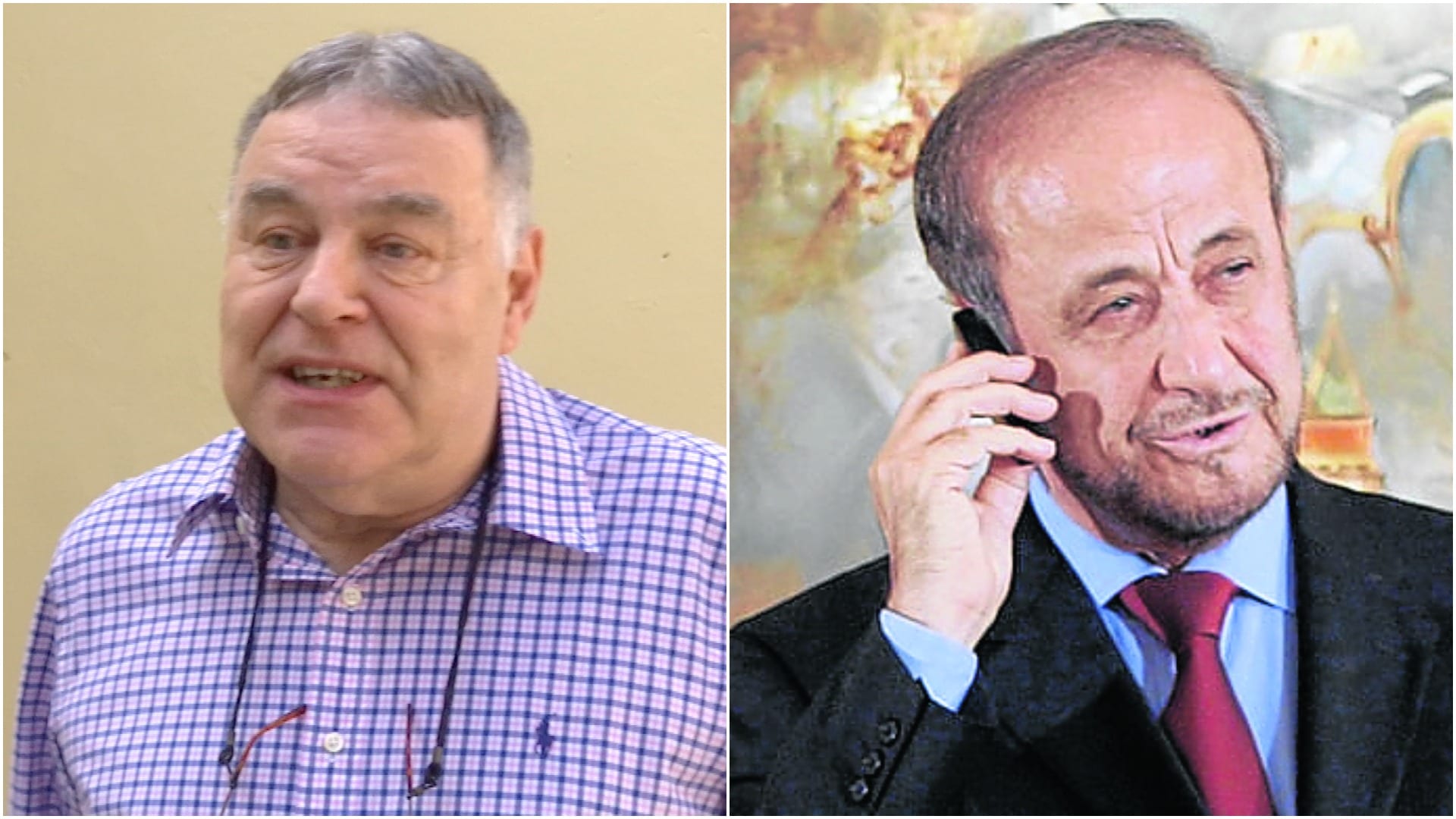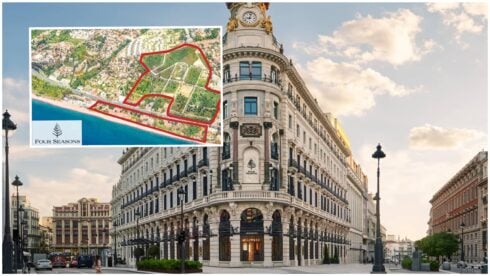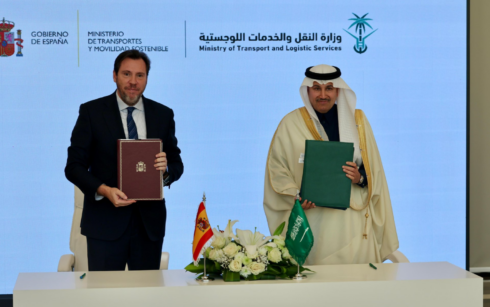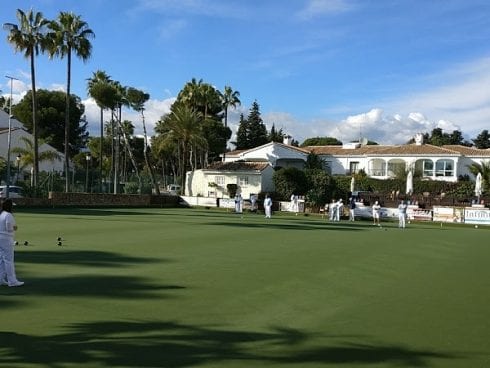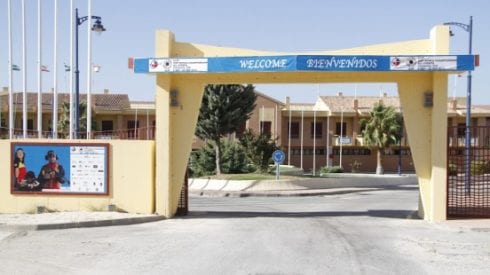
THE former leader of the opposition in Gibraltar has labelled the controversial Rifaat al-Assad sale as ‘unethical’ and suggested the money made should be sent to Syrian refugees.
Peter Cumming, who was head of the GSD for two years, told GBC that the sale should have been ‘continously reviewed’ especially given that the ‘assets of Mr Assad have been seized in other countries’.
“I was gobsmacked when I read it,” he said, “I was expecting an avalanche of analysis and public comment, but when I saw silence day after day, I tried to make a comment myself publicly and I have been unable to until now.
“There are so many issues involved here of a great importance to Gibraltar, and so many very important people involved that this is a major issue for Gibraltar.
“I think that we need to not cover it up but try to discuss it all.”
He added: “The other issue that has been missed so far is that this might not be illegal, in fact it probably isn’t, but it is definitely unethical, very unethical.
“The judge says it is de facto self-dealing, self-dealing is conflict of interest.

“It’s frowned upon very seriously by lawyers everywhere.”
On Rifaat’s money he said: “This is suspicious money.
“If France and Spain can freeze the assets, why can’t we do the same? It would be nice to think in an ideal world that the money would be sent to the Syrian refugees.”
Independent MP Marlene Hassan Nahon insisted the government needed to explain the deal to show it has a ‘moral conscience’, rather than burying it under ‘layers of legal jargon’.
Meanwhile the GSD has asked if an investigation is to be launched over the sale and purchase of the building, which is linked to the family of Gibraltar’s Financial Services Minister.
In a series of key questions, its leader Keith Azopardi QC asked last night if the sale was being probed by legal bodies, given the ‘serious historic allegations’ against the so-called ‘Butcher of Hama’, the uncle of Syrian president Bashar al-Assad.
The case broke after it was revealed that Rifaat – who earnt his nickname after allegedly ordering the killing of up to 25,000 Syrians – was selling the building for £17.5 million to a company majority owned by trusts associated with the finance minister Albert Isola and his family.
The Isolas deny that the building was sold at an under value.
According to GBC, the Isolas’ company Fiduciary also part-managed the sale for Rifaat, who is being probed for money laundering, tax evasion and corruption in France, Spain and the UK.
The sale comes at a convenient time for Rifaat, who has seen hundreds of properties and bank accounts frozen around Europe.
“I believe this issue has to be explained in detail to the Gibraltarian people in a way that is understandable by all,” Nahon said in a statement.
She added it should ‘not be buried under layers of legal jargon and coded language’.
“It is the good reputation of Gibraltar PLC which is at stake here, and that has the potential to affect us all.”
Nahon added: “Gibraltar should be a beacon of good practice and we should be able to show the world that we have a high standard of ethics and a moral conscience, as well as being a robust financial centre.”
The Gibraltar government declined to comment to the Olive Press but told the the Chief Minister Fabian Picardo told GBC the proposed sale of Europort buildings is an example of ‘how well Gibraltar complies with its international obligations and co-operates with international investigations’.
Picardo said the relevant matters have been raised before the Supreme Court, transparently by the relevant licensed professionals.
He defended the Minister for Financial Services, Albert Isola, as a ‘man of undoubted integrity and a great asset to Gibraltar.’
Click here to read more News from The Olive Press.

